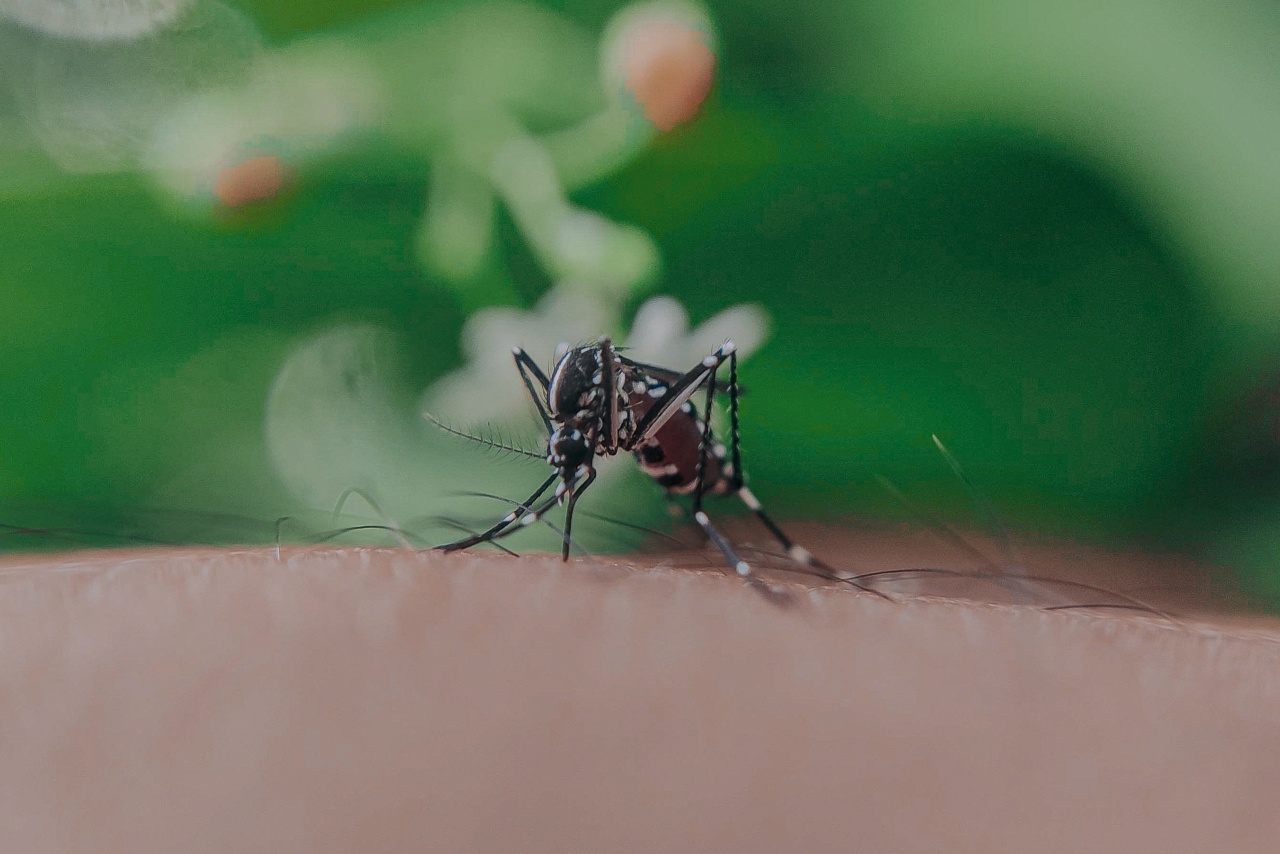Mosquitoes are not just annoying insects that buzz around and leave itchy bites on our skin.
While most people associate mosquito bites with mild discomfort and irritation, there are various unanticipated health risks associated with these tiny, blood-sucking pests. In this article, we will explore the potential dangers of mosquito bites that may surprise you.
1. Transmission of Diseases
Mosquitoes are known vectors for various infectious diseases that can be transmitted to humans through their bites. One of the most notable examples is malaria, a life-threatening illness that affects millions of people worldwide.
In addition to malaria, mosquitoes also spread other diseases such as dengue fever, Zika virus, West Nile virus, and chikungunya.
2. Allergic Reactions
Some individuals may experience severe allergic reactions to mosquito bites. When a mosquito bites, it injects saliva into the skin to prevent clotting and ensure a steady flow of blood.
This saliva can trigger an immune response, leading to symptoms such as redness, swelling, and itching. However, in rare cases, these allergic reactions can be severe, causing difficulty in breathing, excessive swelling, or anaphylaxis.
3. Secondary Infections
Excessive scratching of mosquito bites can break the skin, increasing the risk of secondary infections. Bacteria from our hands or other sources can enter the broken skin and cause infections such as cellulitis or impetigo.
These infections can be painful, lead to more serious complications, and potentially require antibiotic treatment.
4. Worsening of Pre-existing Conditions
Mosquito bites can worsen certain pre-existing medical conditions. For individuals with asthma or other respiratory conditions, mosquito bites can trigger asthma attacks or worsen existing symptoms.
Similarly, people with eczema may experience flare-ups or increased itching due to mosquito bites. It is essential for individuals with such conditions to take precautions to prevent mosquito bites.
5. Spreading of Allergens
When mosquitoes feed on the blood of animals, they can become carriers of allergens present in that animal’s bloodstream. If they subsequently bite a human, the allergens may be transferred, resulting in allergic reactions.
For example, if a mosquito bites an animal with a flea allergy, it can pass on flea allergens to humans, causing itchiness and discomfort.
6. Psychological Impact
The constant fear of mosquito-borne diseases can have a psychological impact on individuals living in mosquito-infested areas. This fear can lead to heightened anxiety, stress, and a reduced quality of life.
Additionally, mosquito-borne illnesses can have long-term effects on mental well-being, especially if the diseases result in chronic health problems or disability.
7. Impact on Pregnancy
Pregnant women need to be particularly cautious about mosquito bites, as certain mosquito-borne diseases can have severe consequences for both the mother and the unborn child.
For example, the Zika virus has been linked to microcephaly, a condition in which the baby’s head is smaller than expected, leading to developmental issues. Taking precautions to avoid mosquito bites during pregnancy is crucial.
8. Economic Burden
The impact of mosquito-borne diseases extends beyond individual health concerns. These diseases can create a substantial economic burden on affected countries.
The costs associated with healthcare, treatment, and loss of productivity due to illness can greatly strain a nation’s resources, particularly in regions where mosquito-borne diseases are prevalent.
9. Invasive Species
Some species of mosquitoes can act as vectors for invasive diseases, putting not only humans but also local ecosystems at risk.
For instance, the Asian tiger mosquito, which is notorious for transmitting diseases like dengue fever, is an invasive species in many parts of the world. Such invasive mosquitoes can disrupt existing ecosystems and pose additional threats to biodiversity.
10. Need for Effective Prevention
Considering the potential dangers of mosquito bites, taking preventive measures becomes imperative. Using insect repellents, wearing protective clothing, and sleeping under mosquito nets are effective ways to reduce exposure to mosquitoes.
Additionally, eliminating stagnant water sources, where mosquitoes breed, can help control their population and reduce the risk of mosquito-borne diseases.































